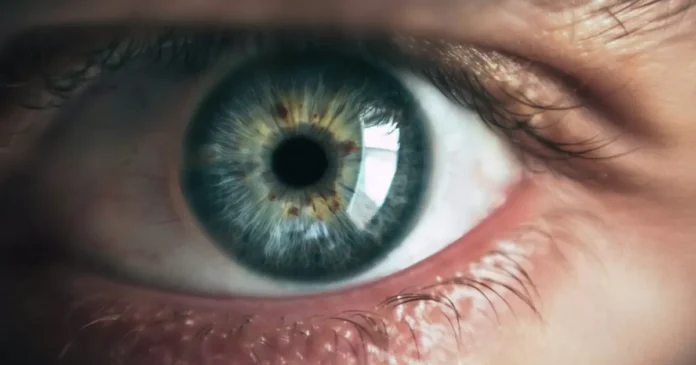Artificial intelligence (AI) has become a widely discussed topic in recent years, with its potential to revolutionize various industries and sectors. One such area where AI has shown great promise is in the field of healthcare. In a recent study conducted by Yonsei University, AI has demonstrated an impressive 96.9% accuracy in screening Attention Deficit Hyperactivity Disorder (ADHD), showcasing its potential to improve the diagnosis and treatment of this common neurodevelopmental disorder.
ADHD is a condition that affects millions of people worldwide, with symptoms such as difficulty paying attention, hyperactivity, and impulsivity. It can significantly impact an individual’s daily life, including their academic and professional performance. However, diagnosing ADHD can be a complex and time-consuming process, involving multiple assessments and evaluations. This is where AI comes in, with its ability to analyze vast amounts of data and identify patterns that may not be apparent to human clinicians.
The Yonsei University study, published in the Journal of Attention Disorders, utilized deep learning algorithms to analyze brain imaging data from 83 individuals diagnosed with ADHD and 93 healthy controls. The AI model was trained to recognize specific patterns in the brain that are associated with ADHD, allowing it to accurately differentiate between individuals with and without the disorder. The results were impressive, with the AI model achieving a 96.9% accuracy rate in identifying ADHD.
This breakthrough study has significant implications for the diagnosis and treatment of ADHD. Currently, the process of diagnosing ADHD involves a series of evaluations, including interviews with the patient and their caregivers, behavioral assessments, and questionnaires. These methods can be subjective and time-consuming, leading to delays in diagnosis and treatment. With the use of AI, diagnosis can be made more efficiently and accurately, potentially leading to earlier intervention and better outcomes for individuals with ADHD.
Moreover, the use of AI in ADHD screening can also help reduce the stigma surrounding the disorder. Many individuals with ADHD face discrimination and misunderstanding due to the misconceptions surrounding the disorder. With AI providing an objective and scientific approach to diagnosis, it can help reduce the societal stigma associated with ADHD and promote a better understanding of the condition.
The study conducted by Yonsei University is not the first instance of AI being used in diagnosing psychiatric disorders. Previous studies have shown AI’s potential in accurately diagnosing conditions such as autism and schizophrenia. However, this is the first study to demonstrate such high accuracy in identifying ADHD, which is encouraging for the future of AI in mental health.
The potential of AI in healthcare goes beyond just diagnosis. It can also assist in developing personalized treatment plans for individuals with ADHD. By analyzing data from various sources, including brain imaging, genetic information, and patient history, AI can provide tailored treatment recommendations that consider the individual’s unique needs and characteristics. This can lead to more effective and efficient treatment, improving the overall quality of life for those with ADHD.
Despite the promising results, the use of AI in healthcare is not without its challenges. One concern is the lack of transparency in AI algorithms, making it difficult to understand how the model reaches its conclusions. This can lead to skepticism and mistrust among clinicians and patients. However, with continued research and development, AI technology can be refined and made more transparent, addressing these concerns and further improving its accuracy and effectiveness.
In conclusion, the study conducted by Yonsei University has once again highlighted the potential of AI in revolutionizing healthcare, particularly in the field of mental health. With its ability to accurately screen and diagnose ADHD, AI can help reduce the burden on clinicians, provide faster and more accurate diagnoses, and ultimately improve the lives of individuals with ADHD. As AI technology continues to advance, we can expect to see further developments in its use in mental health, bringing us one step closer to a more efficient and effective healthcare system.

